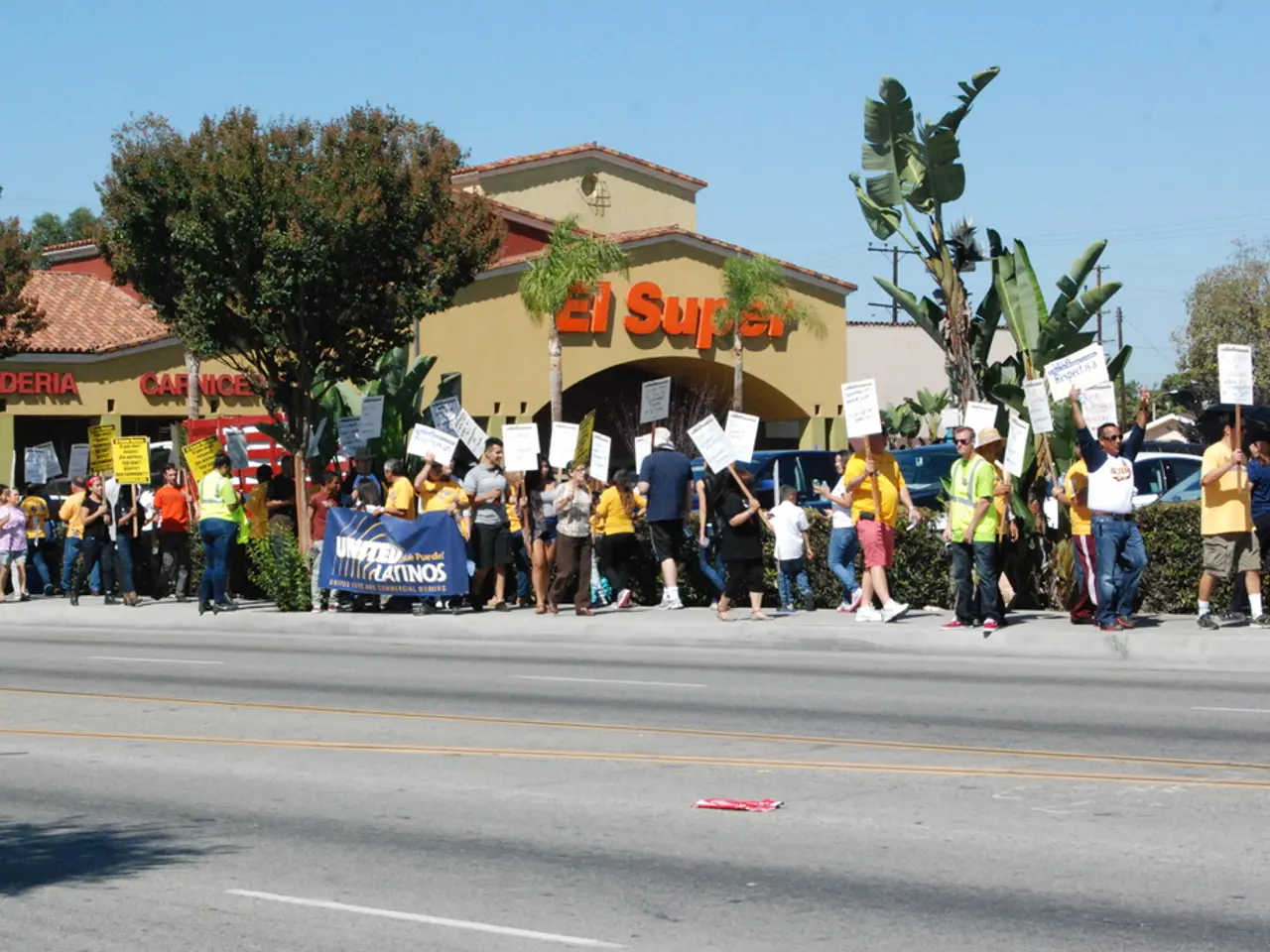Early sneak peek at the 2026 gubernatorial race overview
The 2022 New York gubernatorial race was a closely contested competition between incumbent Kathy Hochul (D) and challenger Lee Zeldin (R), with Hochul ultimately securing victory[1].
---
## Kathy Hochul (Democrat, Incumbent)
Hochul assumed the governorship in August 2021 following the resignation of Andrew Cuomo amid scandal. Prior to this, she served as lieutenant governor and had a long history in New York politics[1]. As the incumbent, Hochul had a significant advantage, having access to significant Democratic fundraising networks and a platform and visibility leading up to the election[1].
Hochul's historic candidacy as New York's first female governor also appealed to progressive and women voters. She carried both her home county (Erie) and key upstate areas, expanding beyond the traditional Democratic urban base[3]. Despite her incumbency, Hochul's popularity remained relatively low, with her favorability lagging compared to other governors. Additionally, crime, particularly in New York City, was a major issue, and Hochul was criticized for not doing enough to address the issue[1].
---
## Lee Zeldin (Republican, Challenger)
Zeldin, a four-term congressman from Long Island, was a veteran and a staunch Trump ally with moderate crossover appeal in a Democratic-leaning state[1]. He focused relentlessly on crime, public safety, and quality-of-life issues, resonating in suburban and upstate areas[1]. Zeldin's 6-point loss was the best Republican gubernatorial performance in New York since 2002, signaling potential for GOP competitiveness[1]. Despite national GOP trends, Zeldin positioned himself as a practical, results-oriented candidate, not a firebrand.
However, New York's deep Democratic tilt made it difficult for any Republican to win statewide[1]. Zeldin's alignment with Trump may have energized the Democratic base and alienated independents. He also performed poorly in New York City, which is crucial for any statewide candidate in New York. Lacking executive experience, he was sometimes seen as less prepared for the governorship than Hochul[1].
---
## Other Potential and Mentioned Contenders
Andrew Cuomo, though he resigned in disgrace and did not run in 2022, cast a long shadow over the race, with both candidates being compared to him[1]. Jumaane Williams, the New York City Public Advocate, briefly explored a run but did not challenge Hochul in the primary. Rob Astorino, the former Westchester County executive, considered a run but did not enter the race in 2022.
---
## Summary Table
| Candidate | Party | Strengths | Weaknesses | |----------------|---------|------------------------------------------------|-------------------------------------------------| | Kathy Hochul | D | Incumbency, fundraising, historic candidacy | Inherited office, sub-50% approval, crime issue | | Lee Zeldin | R | Crime message, electoral gains, fundraising | Blue-state disadvantage, Trump ties, urban loss |
---
The 2022 race demonstrated that while New York remains a Democratic stronghold, a focused Republican campaign on crime and quality of life can make the race competitive, though not enough to overcome the state’s partisan lean[1]. Hochul’s incumbency and broader coalition ultimately prevailed, but Zeldin’s stronger-than-expected showing signaled potential future GOP opportunities in the Empire State[1].
In the context of the 2022 New York gubernatorial race, immigration and criminal justice policy could have been significant issues for both candidates, Kathy Hochul (D) and Lee Zeldin (R), given their respective focuses on issues faced by the state. Hochul, given her incumbency, might have proposed policies addressing both crime in New York City and the general news concerning the current state of the criminal justice system. On the other hand, Zeldin, as a Trump ally with moderate crossover appeal, could have advocated for stricter immigration policies, especially in relation to border security and law enforcement, while continuing his focus on crime and public safety. In terms of policy-and-legislation, it would be interesting to see how the candidates' approaches to these issues influenced their political standing and election results.








